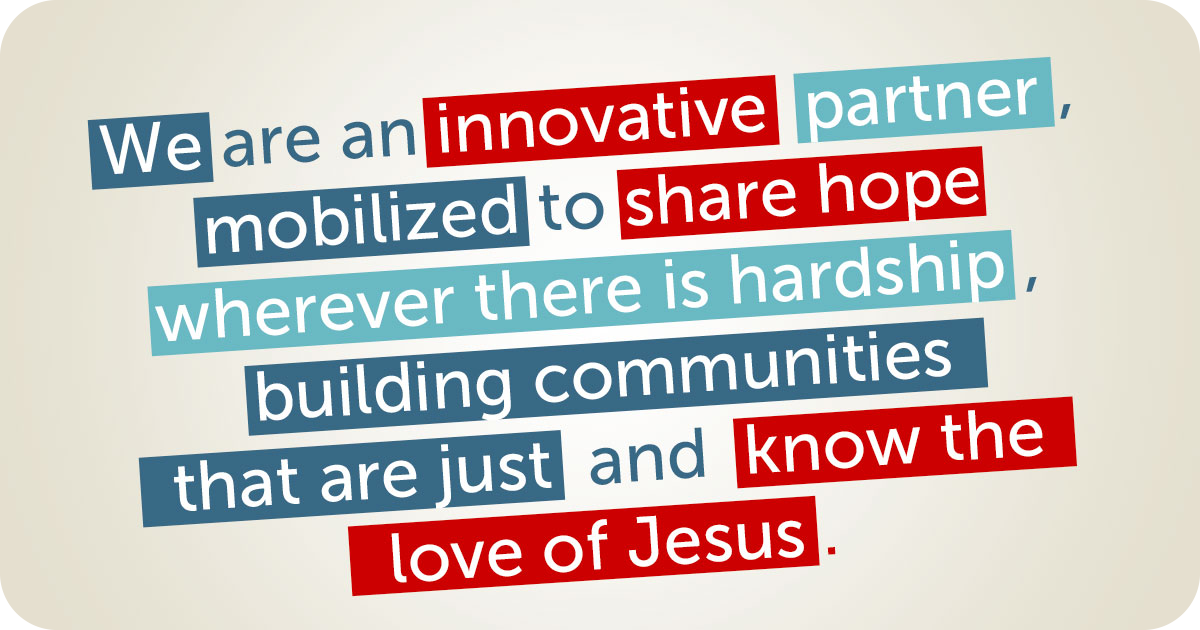Are We Living Our Values?
Results of the 2024 Salvation Army territorial values survey released.
by Emily MacFarlane Mission Vision ValuesEarlier this year, all mission partners of the Canada and Bermuda Territory were invited to participate in the seventh biannual territorial values survey, administered by the Ethics Centre. Responses help provide a deeper understanding of our culture and how it supports the territorial mission, vision and values. They also reveal the relationship between personal values, values present in the current culture and values that mission partners believe are most important for mission delivery.














